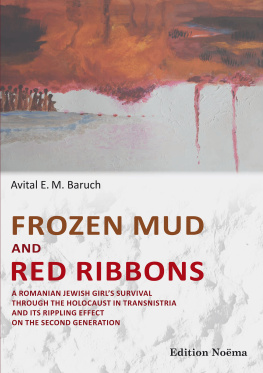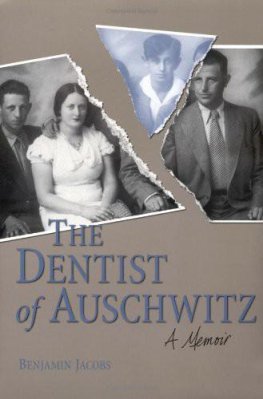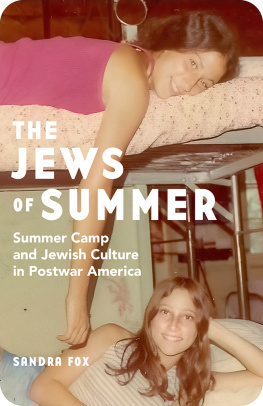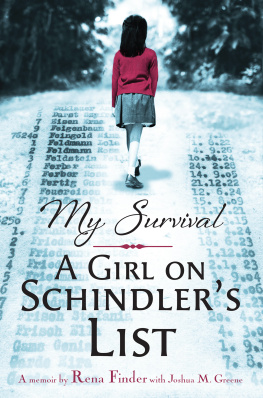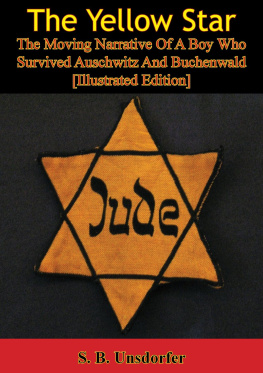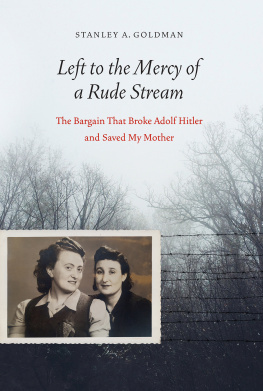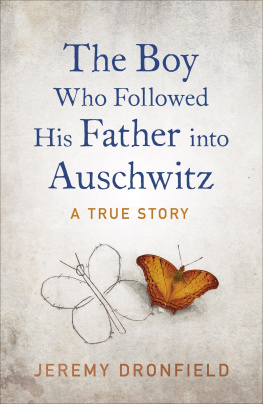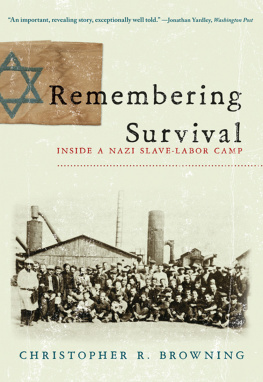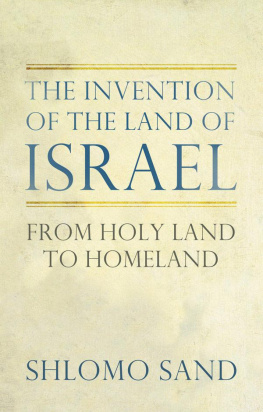Avital E. M. Baruch - Frozen Mud and Red Ribbons: A Romanian Jewish Girls Survival through the Holocaust in Transnistria and its Rippling Effect on the Second Generation
Here you can read online Avital E. M. Baruch - Frozen Mud and Red Ribbons: A Romanian Jewish Girls Survival through the Holocaust in Transnistria and its Rippling Effect on the Second Generation full text of the book (entire story) in english for free. Download pdf and epub, get meaning, cover and reviews about this ebook. year: 2017, publisher: Ibidem Press, genre: Non-fiction. Description of the work, (preface) as well as reviews are available. Best literature library LitArk.com created for fans of good reading and offers a wide selection of genres:
Romance novel
Science fiction
Adventure
Detective
Science
History
Home and family
Prose
Art
Politics
Computer
Non-fiction
Religion
Business
Children
Humor
Choose a favorite category and find really read worthwhile books. Enjoy immersion in the world of imagination, feel the emotions of the characters or learn something new for yourself, make an fascinating discovery.
- Book:Frozen Mud and Red Ribbons: A Romanian Jewish Girls Survival through the Holocaust in Transnistria and its Rippling Effect on the Second Generation
- Author:
- Publisher:Ibidem Press
- Genre:
- Year:2017
- Rating:4 / 5
- Favourites:Add to favourites
- Your mark:
Frozen Mud and Red Ribbons: A Romanian Jewish Girls Survival through the Holocaust in Transnistria and its Rippling Effect on the Second Generation: summary, description and annotation
We offer to read an annotation, description, summary or preface (depends on what the author of the book "Frozen Mud and Red Ribbons: A Romanian Jewish Girls Survival through the Holocaust in Transnistria and its Rippling Effect on the Second Generation" wrote himself). If you haven't found the necessary information about the book — write in the comments, we will try to find it.
When Sophica was six years old, she was deported together with her mother and the whole of the Jewish community of Mihaileni, Romania to a strip of land in Eastern Ukraine called Transnistria. Death, illness, brutality, and shame became her daily life. Hungry and afraid, she held on to her sanity and hope, albeit losing her sister and her father and witnessing a vicious attack on her mother. She met Herman on her way to the Promised Land.
Herman didnt mind wearing the yellow star and staying home from school. He played outside with his friends while his father and brother were sent to a labor camp. After the war ended, he joined a Jewish youth movement and embarked on a ship to Israel. However, his journey was interrupted and he was taken to a British detention camp in Cyprus where he met Sophica. They were renamed Shulamit and Tzvi and made a home together in Israel. Shulamit/Sophica never mentioned her sad childhood. Sixty-five years after the war and her deportation, Sophicas daughter comes across a family secret and starts asking questions, inducing Shulamit to break her silence and become the frightened little Sophica once more. This book tells her moving story.
Avital E. M. Baruch: author's other books
Who wrote Frozen Mud and Red Ribbons: A Romanian Jewish Girls Survival through the Holocaust in Transnistria and its Rippling Effect on the Second Generation? Find out the surname, the name of the author of the book and a list of all author's works by series.

